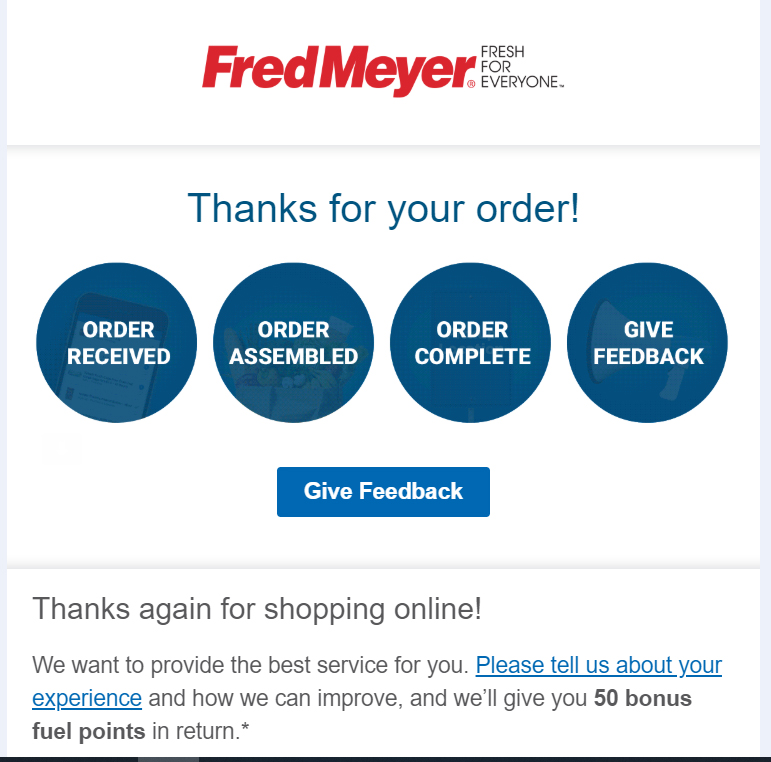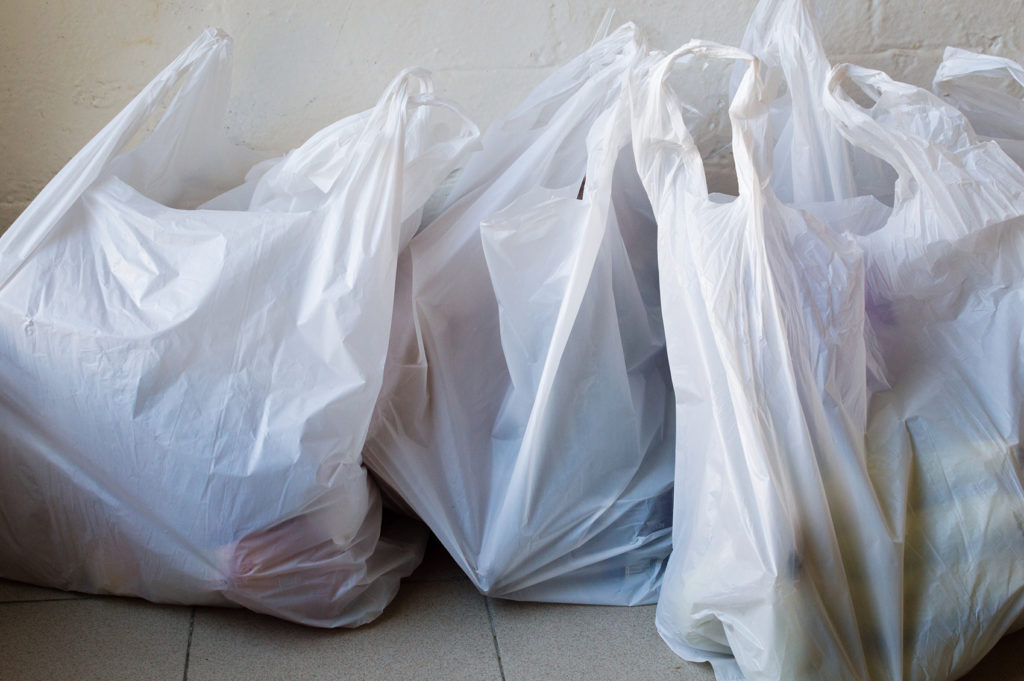How a Yes Became No
I take filling out surveys as a serious thing.
Most people groan at the minutes it takes to do it, but I’ve learned there are really only two effective ways to influence a product or service:
- You write the store owner/manager/corporate contact
- You fill out surveys
A company is more receptive to one over the other, especially during the reign of “Karen” who gets a lot of beef for wanting to “speak with the manager”. And though I believe a letter from a customer is valid qualitative data, a survey allows a company to really focus the conversation, collect additional quantitative data, plus provide subtle insights about the direction a company is taking with future products or services.
So when Fred Meyer emailed me with a survey about their curbside pickup, I filled it out. One question asked if I would ever use this service again, and I happily answered yes. Yet, as plastic bags accumulated in my house, I started questioning whether I would continue curbside pickup once the pandemic is over.

A Luxury Becomes a Necessity
Prior to the COVID-19 outbreak, I had never used Fred Meyer’s curbside grocery pickup. As much as I’m into customer service, the thought of someone shopping for me and loading bags into my car with little conversation seemed a bit elitist. My friends who had used the service prior to the pandemic, gave great reviews about Fred Meyer’s online shopping, the process of product substitution, and the ease of picking up groceries from designated locations– friends who are well-off, but not the least bit elitist.
But as we know, the outbreak made a lot of people do unexpected things to survive. For me, that was curbside pickup. As a lifelong asthmatic prone to respiratory infections, I did not trust a mask to keep me safe at the height of our curve in Fairbanks, Alaska. Checkers weren’t yet protected by plexiglass, only 1 in 10 people were wearing facemasks, and social distancing is hard to maintain in those narrow aisles.
So I placed my grocery orders online.
My friends did not lie. It was easy. I could modify my order until the night before. I got an email to review substitutions and alerts when things were out-of-stock. Pickup was as simple as placing a phone call when I got there. After a few weeks, I was pretty sure I would never go back to shopping inside the store. Then I noticed all the extra plastic bags filling my kitchen.

Doesn’t Fit a Sustainable Lifestyle
Let’s be clear, I am no tree hugger. I moved out of town last summer, which has made commuting difficult. I take my dog to work with me, so I drive a car nearly every day. I purchase disposable coffee cups twice a week. And God knows flying out of this state requires leaving a carbon footprint the size of a small crater.
Still I try to do my part. Other than gardens, we don’t water lawns. I follow behind people turning off lights, and my husband sharply controls the heating unit in the house. Since I wasn’t commuting as much, I added the diligent use of sustainable bags to my environmental contribution. Of course, stores aren’t allowing reusable bags during the pandemic, but I anticipate we will reach a point when we can again. And that is the moment when curbside pickup will lose it’s edge.
There are post-pandemic demographs that will benefit greatly from curbside pickup like the eldery, people with severe disabilities, and a parent with a car full of wild kids or a newborn infant. It will also serve people who simply hates shopping inside with other people. But for those who choose reusable bags, this service will only become a necessity in a time of crisis.
